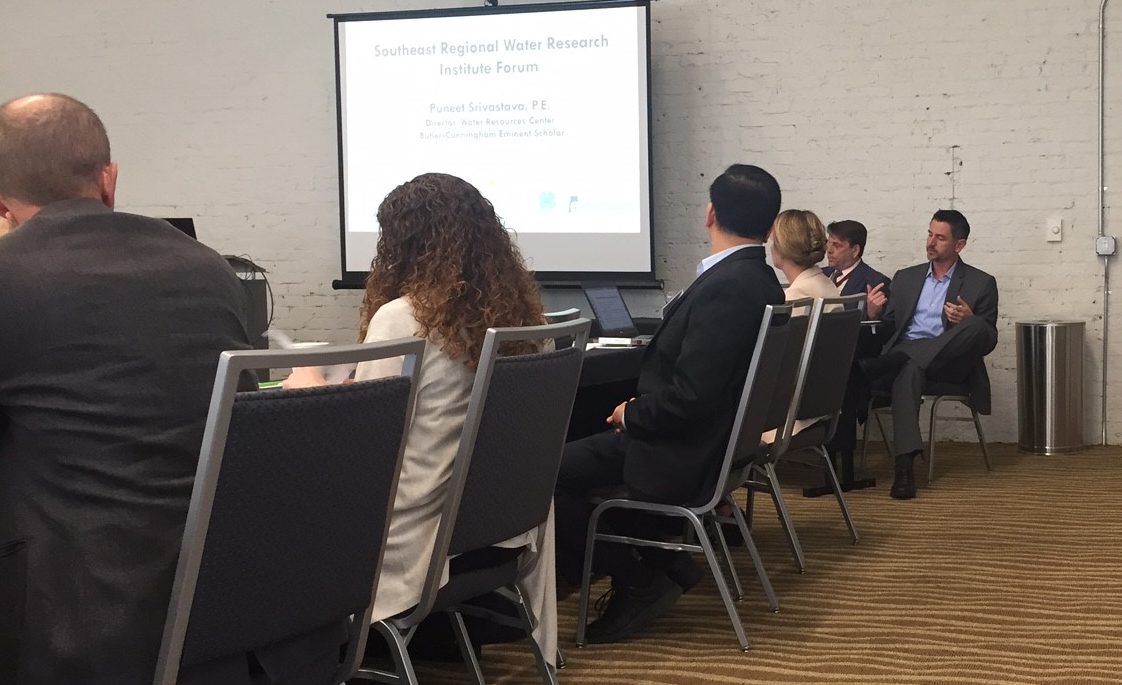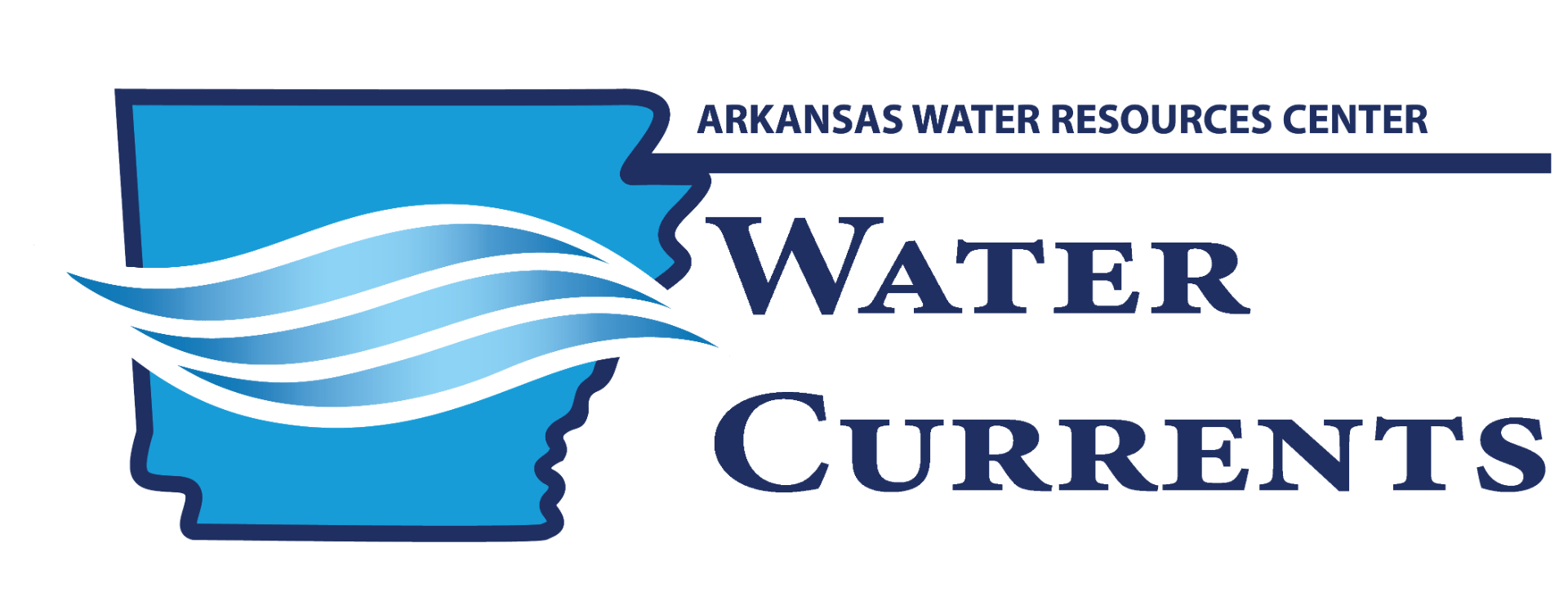
Water Professionals Seek Greater Regional Collaboration

Dr. Brian Haggard, director of the Arkansas Water Resources Center, traveled to Mississippi State University earlier this month to attend the SEC Academic Conference.
The conference theme was “The Future of Water: Regional Collaboration on Shared Climate, Coastlines, and Watersheds”. The agenda was designed to stimulate communication and collaboration toward sustainable and resilient water resource management in the Southeast region.
The SEC Academic Conference included breakout panel sessions for the water centers in the Southeast to get together and discuss the importance and challenges of working together towards a common goal.
Collaboration among several organizations is always a tough thing to manage, and coordinating research efforts across states can be difficult. “The water centers are unique because each director has his or her area of expertise, and each state has its water problems prioritized,” Haggard said. “But, there are still lots of water issues we have in common, that we can face together,” he said.
During the meeting, center directors determined that the best way to approach collaboration across research institutes is to start by identifying the problems that everyone is having. Once those common issues are defined, then center directors can work together to address those issues.
“Most successful collaborations start by identifying a common problem or issue and then building the collaborative framework around that,” said Dr. John Tracy, director of the Texas Water Resources Institute.

Agricultural water quality and availability is an important concern shared by many states in the Southeast.
Centers across the region can pool their resources and expertise to conduct coordinated research. This can lead to time and money being spent more efficiently, and give water managers in each state the information they need to make important management decisions.
“As additional funds are being made available to conduct research and outreach on water quality and quantity by the USDA, EPA, private foundations and others, the need for water centers to work together is necessary to address water problems across state boundaries,” explains Dr. Bill Herndon, interim director of the Mississippi Water Resources Research Institute. “It just makes sense for our southeastern water institutes to combine their expertise and efforts to build effective and competitive funding proposals that address these very complex and diverse water-related issues.”
The key to successful collaboration is constant communication. Center directors have already agreed to continue discussing collaboration efforts through teleconferences and getting together at the next annual meeting of the Universities Council on Water Resources.
Water centers provide an important service to the state and are a great example of fulfilling the mission of land-grant institutions. Centers conduct and facilitate practical research and then help transfer that information in a very applied and meaningful way to stakeholders across their state.








